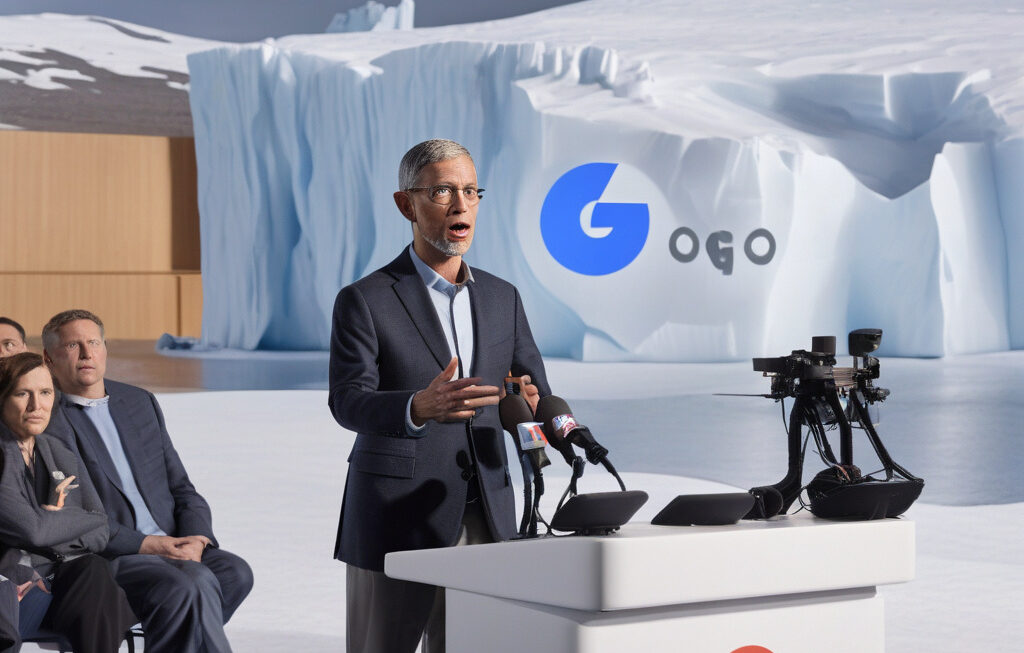AI Spending Remains Strong Despite Trump’s Tariffs, According to Goldman Sachs
In the current era of global trade tensions and economic uncertainties, the impact of tariffs imposed by the Trump administration has been felt across various industries. However, one sector seems to be resilient in the face of these challenges – artificial intelligence. Despite the rising business costs due to tariffs, AI spending continues to thrive, with companies viewing it as too strategic to cut back on.
According to insights from Goldman Sachs, the demand for AI technologies remains robust, driving continued investments in this space. The strategic importance of AI in driving efficiency, innovation, and competitive advantage has positioned it as a priority for businesses, outweighing concerns about increased costs associated with tariffs.
AI technologies have permeated almost every industry, revolutionizing processes, enhancing decision-making, and unlocking new opportunities. From predictive analytics and machine learning to natural language processing and robotic process automation, AI capabilities have become integral to modern business operations.
For instance, in the manufacturing sector, AI-powered predictive maintenance systems help optimize machinery performance, reduce downtime, and cut maintenance costs. In healthcare, AI algorithms analyze vast amounts of medical data to assist in diagnostics, treatment planning, and personalized patient care. Retailers leverage AI-driven recommendation engines to enhance customer experiences and drive sales. The applications of AI are diverse and far-reaching, offering tangible benefits to organizations willing to invest in them.
Despite the potential impact of tariffs on the cost of AI technologies, companies recognize the long-term value and competitive advantage that these investments bring. By harnessing the power of AI, businesses can streamline operations, gain deeper insights from data, automate repetitive tasks, and deliver superior products and services to customers.
Moreover, the ongoing advancements in AI technologies, such as explainable AI and AI ethics frameworks, are addressing concerns around transparency, accountability, and bias in AI systems. As companies navigate the complexities of AI adoption, regulatory compliance, and ethical considerations, they are increasingly viewing AI as a strategic imperative for sustainable growth and innovation.
The resilience of AI spending in the face of tariffs underscores the strategic mindset of businesses prioritizing long-term value creation over short-term cost fluctuations. By embracing AI technologies and leveraging their transformative potential, companies can future-proof their operations, stay ahead of the competition, and meet the evolving demands of the digital economy.
In conclusion, while tariffs may pose challenges to businesses across various sectors, AI spending remains strong and continues to drive innovation and growth. The strategic significance of AI technologies in enhancing efficiency, fostering innovation, and delivering value underscores their indispensable role in the business landscape. As companies navigate the complexities of a rapidly changing world, investing in AI is not just a strategic choice but a competitive necessity in the ever-evolving digital age.
AI, Spending, Trump, Tariffs, Innovation












